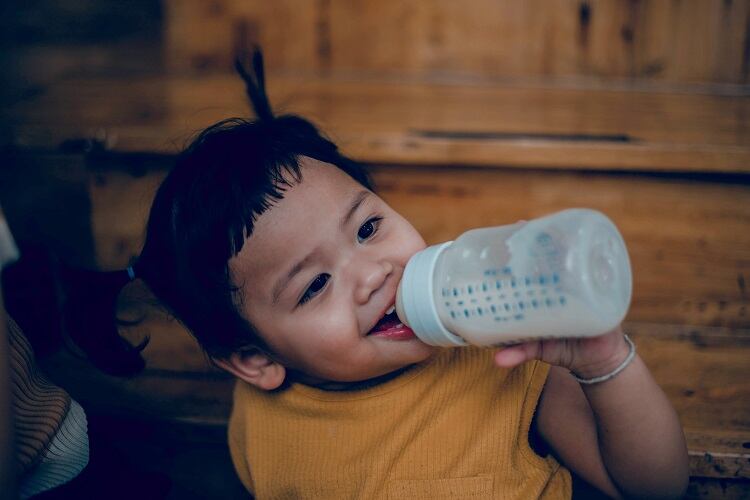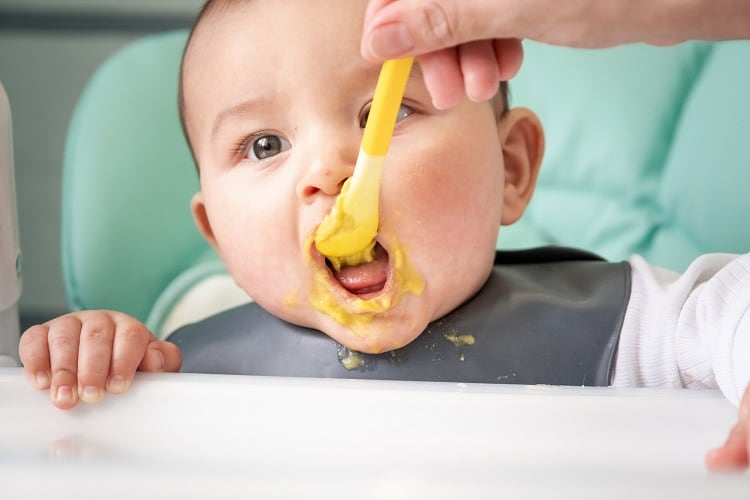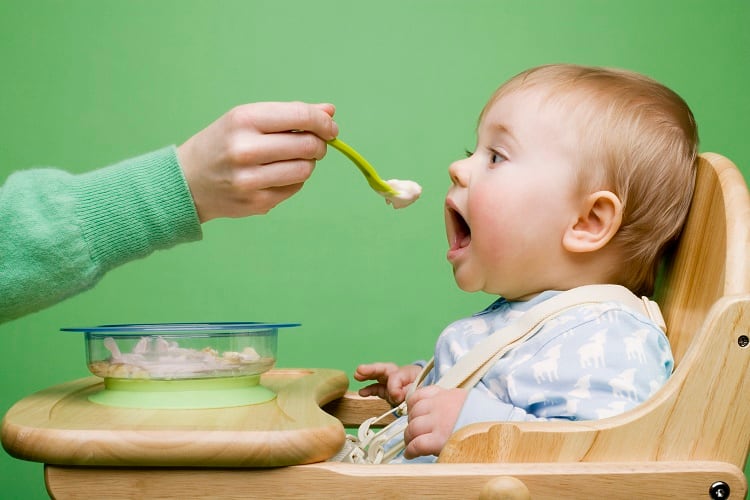The accusations come from Swiss NGO Public Eye and the International Baby Food Action Network (IBFAN), following an investigation into the nutritional profiles of Nestlé baby food products sold in different countries.
According to the report, sugar – in the form of sucrose or honey – was identified in products aimed at children from one to three years of age, which the authors contend is at odds with World Health Organization (WHO) guidelines.
In an effort to limit obesity and chronic disease risk, the UN agency has been calling for a ban on added sugar in products for babies and young children under three years of age since 2022.
Six grams of sugar in Thailand, but zero in UK and Germany?
The report focuses on two Nestlé brands: Cerelac (otherwise marketed as Mucilon) and Nido (sometimes branded as Dancow).
Cerelac, Euromonitor tells Public Eye, is the world’s number one baby cereal brand, with sales exceeding $1bn (€940m) in 2022.
Whereas in the UK and Germany, Celerac wheat-based cereals for six-month-old babies contain zero added sugar, the same was not recorded for the corresponding product sold in lower and middle-income countries.
The highest dose of sugar was noted in Thailand (6g per serving), followed by Ethiopia (5.2g), South Africa (4g), Pakistan (2.7g), India (2.2g), and Bangladesh (1.6g).
Overall, the investigators claim that 108 of the 115 Cerelac products (94%) examined – sold in Nestlé’s main markets in Africa, Asia and Latin America – contain added sugar.
Spotlight on Nido powdered milk
Nestlé’s Nido powdered milk brand exceeded global sales of $1bn for products aimed at children aged one to three, according to Euromonitor data seen by Public Eye.
The latter’s analysis suggests of the 29 tested Nido products, sold by Nestlé in some low- and middle-income countries, 21 (72%) contain added sugar.
As to how much added sugar was found in each market, the findings vary. No added sugar was noted in Nido powdered milks for children aged from one year in Brazil and the Philippines, while as much as 5.3g per serving was detected in a product sold in Panama, according to the report. In Nicuragua, a Nido powdered milk product was found to contain 4.7g per serving, and in Mexico, 1.8g.
Why is Nestlé changing recipes for some countries?
For Public Eye and IBFAN, the findings are concerning for public health. The WHO is concerned about rising obesity and overweight in all age groups, but notes childhood obesity has increased tenfold over the past four decades.
Having called for a ban on added sugars and sweeteners in food products for babies and children under the age of three, the WHO wants industry to respond. “This study stresses the need for urgent action to reshape the food environment for children,” Dr Francesco Branca, director of the WHO Department of Nutrition and Food Safety, told Public Eye and IBFAN.
“Eliminating added sugars from food products for young children would be an important way to implement early prevention of obesity.”
Nestlé is standing by the nutritional quality of its products for early childhood and stressed it uses high-quality ingredients adapted to the growth and development of children. “We apply the same nutrition, health and wellness principles of children,” said a company spokesperson.
As to why Nido and Cerelac recipes vary in different geographies, we were told that ‘slight variations’ exist depending on several factors, including regulations and availability of local ingredients. In ‘no way’ do they compromise the quality of its products.
“Everywhere we operate, our portfolio complies with local regulations or international standards, including labelling requirements and thresholds on carbohydrate content that encompasses sugars.”
Over the past decade, Nestlé has reduced the total amount of added sugars in its infant cereals portfolio by 11% and told us all added sugars (sucrose and glucose syrup) are being phased out of its Nido growing up milks aimed at young children aged 12-36 months.




